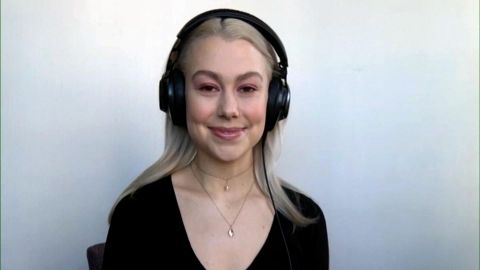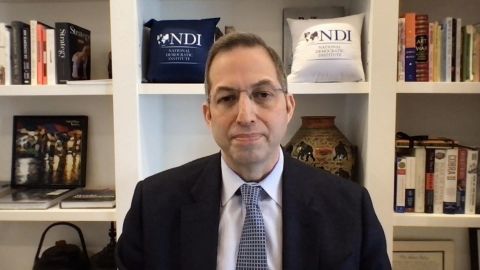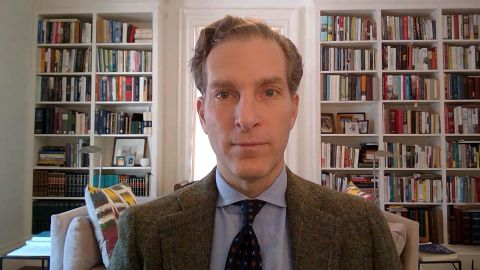Read Transcript EXPAND
NOAH FELDMAN, HARVARD UNIVERSITY: The president’s lawyers were very unprepared, woefully so, and especially the first lawyer who presented, Bruce Castor, who essentially acknowledged in his comments that he was unprepared, that he didn’t expect the arguments to go the way that they went, and that he wasn’t sure when was the appropriate time to raise various defenses, but he would give it his best try. It was a kind of folksy, stuck, deer-in-the-headlights kind of presentation. And I could easily imagine that Donald Trump didn’t like it very much. You wouldn’t like it either if it was your lawyer doing such a poor job. That said, I don’t think it’s probable that the performances in court are – – or, in this instance, in front of the Senate, are going to fundamentally affect the outcome of the trial with respect to the votes that the sides are going to take. Yes, you heard the senator there saying that he was swayed by the presentations, but the truth is that he should be swayed by the reality that they represent, not by the horse race of who did better on a given day. And other Republican senators for those same presentations and still concluded that, in their view, the president can’t lawfully be tried. Now, do they really believe that? I, myself, am skeptical of it. But it’s the view that they have taken on board in order to find a way to avoid convicting Trump.
CHRISTIANE AMANPOUR: And what do you make of the latest news out of Georgia that, I think it’s Fulton County, which encompasses Atlanta, I think has taken out, as we said, criminal charges in this case of trying to overturn the election results?
FELDMAN: Well, we’re not quite at the level of criminal charges yet. What they have done is, they have commenced an investigation. And they have asked those Georgia officials who were in communication with then President Trump in the course of his now famous call to the Georgia election officials, where he told them to find him 11,000 votes. And so what the state is doing is, it’s investigating that. Now, an investigation is entirely appropriate. You can listen to the transcript of the call. You can read the transcript of the call. And it seems pretty clearly to fit Georgia statutes, as well as federal statutes, that make it a crime to try to use intimidation to force a different outcome in an election than actually occurred. I mean, in that call, you can hear Donald Trump saying that it would be a crime for the Georgia secretary of state not to help him find the votes. And when the chief law enforcement officer of the United States, which is the president, tells someone in a state, your conduct is criminal unless you help me, that could be interpreted and presumably should be interpreted as an implicit threat and may be in violation of the law. So, an investigation is totally appropriate. Whether charges will be abroad remains to be seen, and I wouldn’t hazard a prediction about that yet. But I would say that what’s very significant about this moment is that it shows you that, in his-post presidency era, Trump is going to be very vulnerable to state prosecutors. And it won’t just be in Georgia. It may also be in New York, where most of Trump’s financial dealings are, and where it’s entirely possible that we will see criminal investigations as well.
About This Episode EXPAND
Former ambassador Derek Mitchell discusses how the U.S. can help preserve democracy in Myanmar. Constitutional law expert Noah Feldman examines the legal arguments at play in the impeachment trial. Musician Phoebe Bridgers explains the inspiration for the album she released in lockdown. New Yorker writer Ronana Farrow discusses his investigation into the January 6 Capitol insurrection.
LEARN MORE



